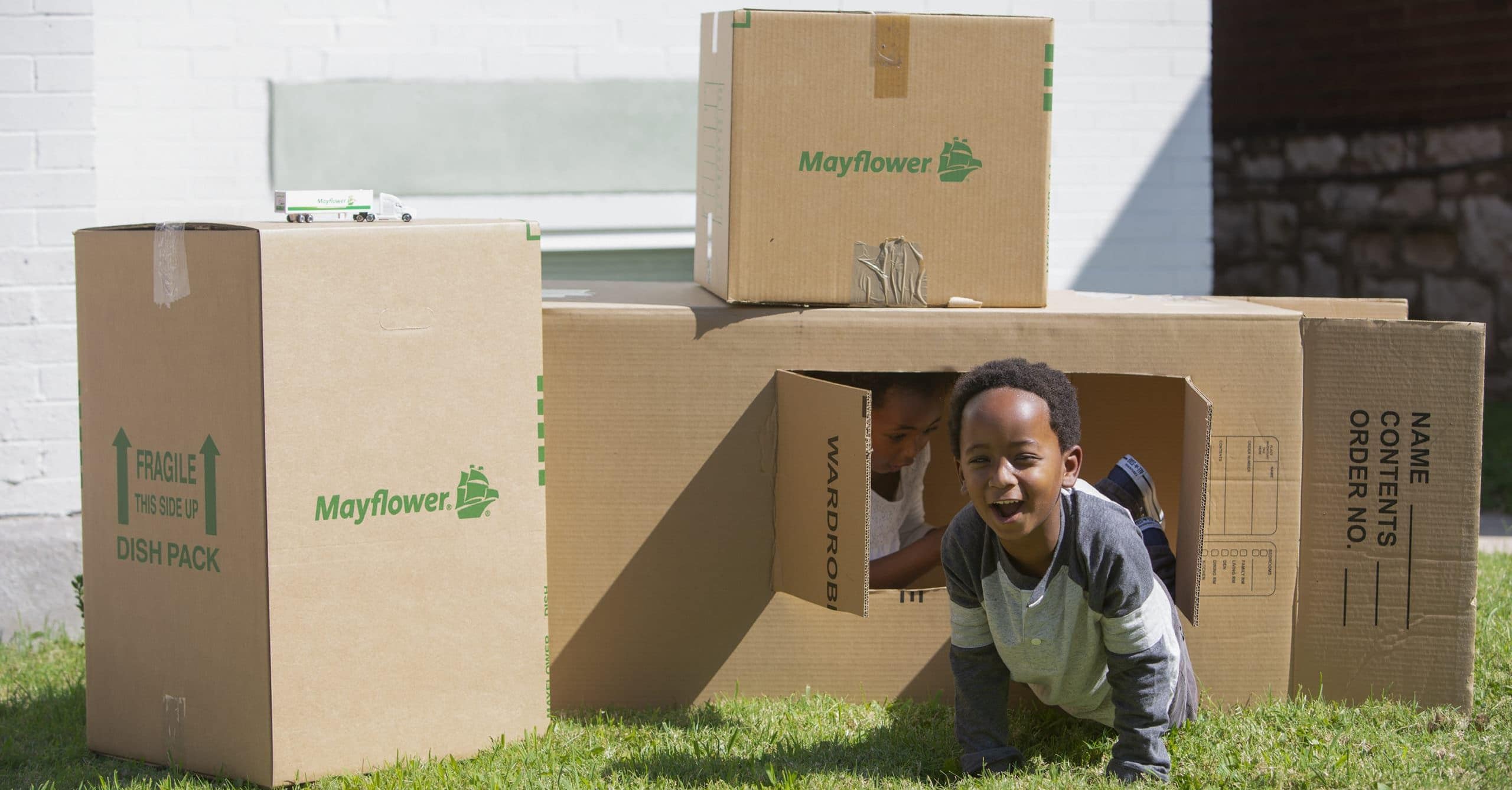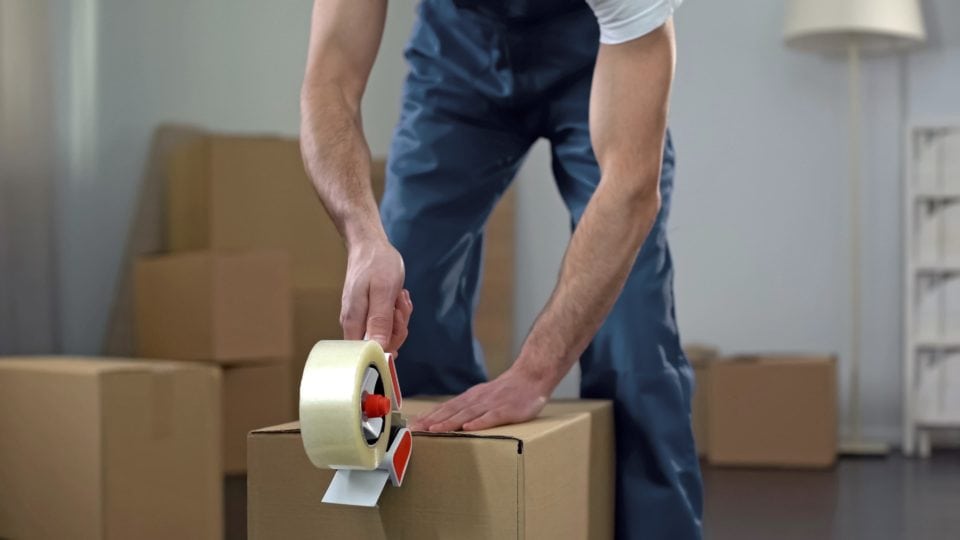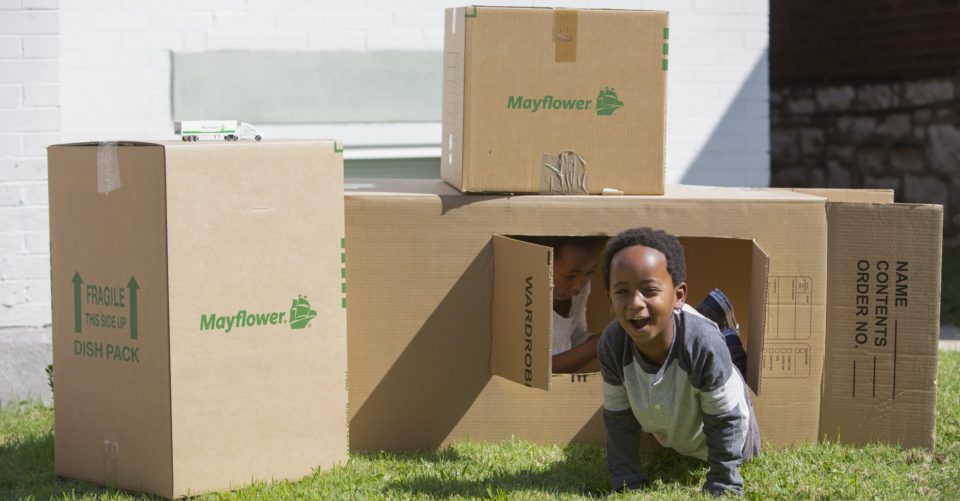As anyone living in a four-season climate knows, winters are chillingly long, cold and grey. People run from building to car to house as quickly and efficiently as possible. Everyone is less apt to look up as they are to hurry to get someplace warm. It’s insular on a good day so it’s important to build in ways to both get outdoors and cozy up the indoors.
Friluftsliv Revels in the Outdoors
There’s no better place to seek inspiration than the Nordic region. No stranger to snow and short, dark days, Norwegians embrace the concept of friluftsliv (pronounced free-loofts-liv), which roughly translates to “outdoor living,” whatever the weather. Popularized in the 1850s by Norwegian playwright and poet, Henrik Ibsen, the term was used to describe the value of nature as it relates to one’s spiritual and physical health.
Deeply ingrained in the country’s heritage, this all-season celebration of the outdoors is adopted from remote corners of the Arctic to bustling, urban Oslo. Sure, friluftsliv can include outdoorsy activities like snowshoeing and cross-country skiing, but it’s also a lifestyle that champions leisurely walks, winter picnics and utepils (a.k.a. sipping a beer outdoors). No cell phones or other technology — just time to observe and appreciate the beauty around you and the time you’re sharing with others in an open-air setting.
Clearly, the common Norwegian refrain, “There’s no bad weather, only bad clothing,” rings true.
Proof of concept can be found in the UN’s 2020 World Happiness Report, which ranked Norway at number five. Meanwhile, Bergen and Oslo were listed among the top 10 world’s happiest cities.
This regional phenomenon extends to Sweden, Switzerland, the Netherlands and Denmark as well. In Sweden alone, there are 25 non-profit associations that revolve around friluftsliv. Among the country’s population of 10 million people, 1.7 million memberships span 9,000 local and regional clubs.
Granted it’s not new news that being outdoors is good for one’s mental health and well-being. Scientific Reports notes that spending just 120 minutes per week outside can significantly boost your mood and well-being — both in the long and short term.
Besides, studies show nature brings comfort. Military veterans who suffer from PTSD and other combat-related mental health issues have turned to the therapeutic benefits of nature for some time, be it gardening or rafting. Certain bereavement therapies also look to the natural world for relief. Why? Because it’s healing.
Change Your Environment — and Mindset
Although embracing winter may seem unthinkable to the summer-lovers among us, it can certainly be done. It starts with having a positive wintertime outlook, according to Stanford University health psychologist Kari Leibowitz. In order to transform your seasonal perspective, try to find things about winter that you enjoy, whether it’s snowball fights or the beauty of fresh-fallen snow. Find wonder in it, let it anchor you, and allow it to establish your sense of place.
Suit up and take a walk on a windy afternoon. Maybe pour some hot cider to enjoy at a local park. Or break out that portable grill and have an intimate backyard barbecue, complete with winter yard games. Whatever you do, slow down the pace and take notice of the things around you. Breathe deeply, relax and enjoy being “off the grid,” if only for a little while.
With more people than ever working from home, there’s a new opportunity to strike a work/life balance. In Scandinavia, flexible work hours are the norm, work/life balance and family time are encouraged, and residents are often able to work around their hobbies and passions whenever possible.
Of course, it doesn’t stop there. Tax breaks are offered to firms in Sweden and Finland that incentivize friluftsliv, be it subsidizing employees’ sporting endeavors or equipment. Meanwhile, some Finnish businesses have begun compensating employees who cycle or walk to work.
Even if these admittedly awesome perks feel out of reach, opportunities to make the most of your work-from-home situation abound. Early morning strolls and lunch break birdwatching and snow fort-building are just a few of the ways to practice friluftsliv.
Bringing Hygge Into Your Home
Denmark, like its neighbors, knows a thing or two about dreary winters. Enter the cultural concept and panacea of hygge(pronounced HYU-gah). There is no direct translation in English, but words like “coziness,” “wellbeing” and “togetherness” are at its core. More mental than physical, hygge is about having flexibility, a positive mood and a holistic outlook on life. This abstract sentiment is also about slowing down, connecting with loved ones and carving out time for what’s most important. In other words, don’t be fooled by hygge’s recent commercialization: as a buzzword, it’s missing the point.
Hygge’s feeling of contentedness and wellness is like a warm, comforting hug and it’s something you can introduce to your home. Heck, maximize in your life. Sure, you can use fluffy throw blankets, puffy pillows, oversize scarves and furry slippers to set the mood. Likewise candles and mulled wine. But that’s not what it’s about. Practicing hygge might mean enjoying a cup of coffee on a Sunday morning or catching up with friends — even if by Zoom. It’s also about simply relaxing and chilling out. This effortless comfort could mean curling up with a good book or lingering over a lovely meal, with loved ones, in cozy environs.
We don’t know about you, but it’s something we need right now — and down the line. We’d love to hear how you’re embracing friluftsliv and hygge as winter sets in and the pandemic marches on.











